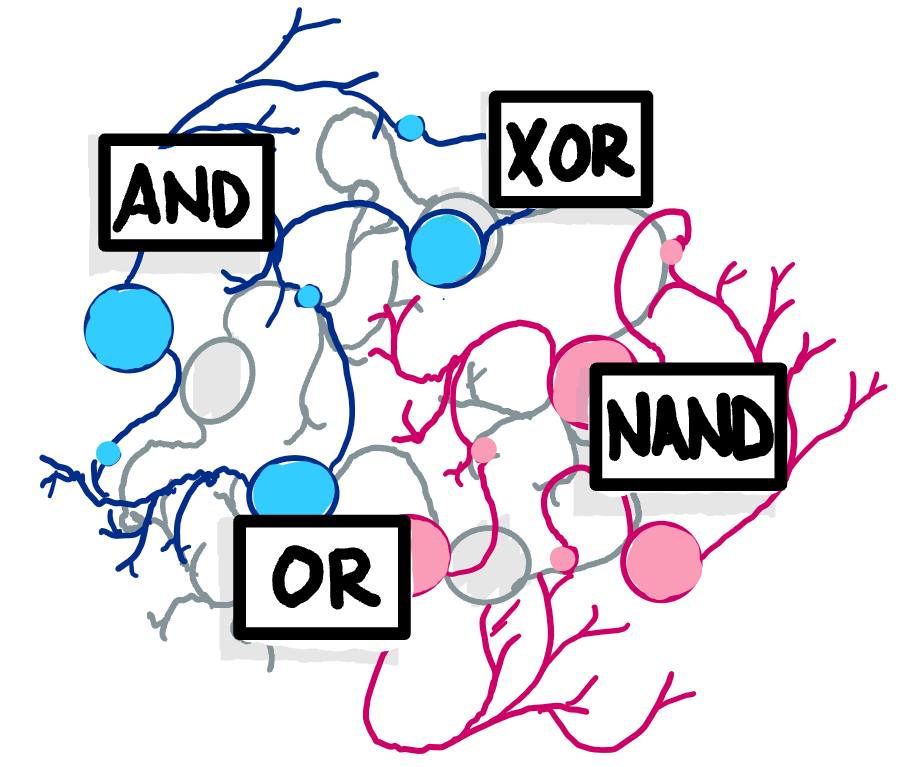Tutoring can help with thinking smarter, not harder
/When you learn math, you do better on math tests - makes sense, right? But how does learning math change how the brain responds to math problems? If students are struggling with math, how does their brain activity change when they take part in tutoring?
Read More









